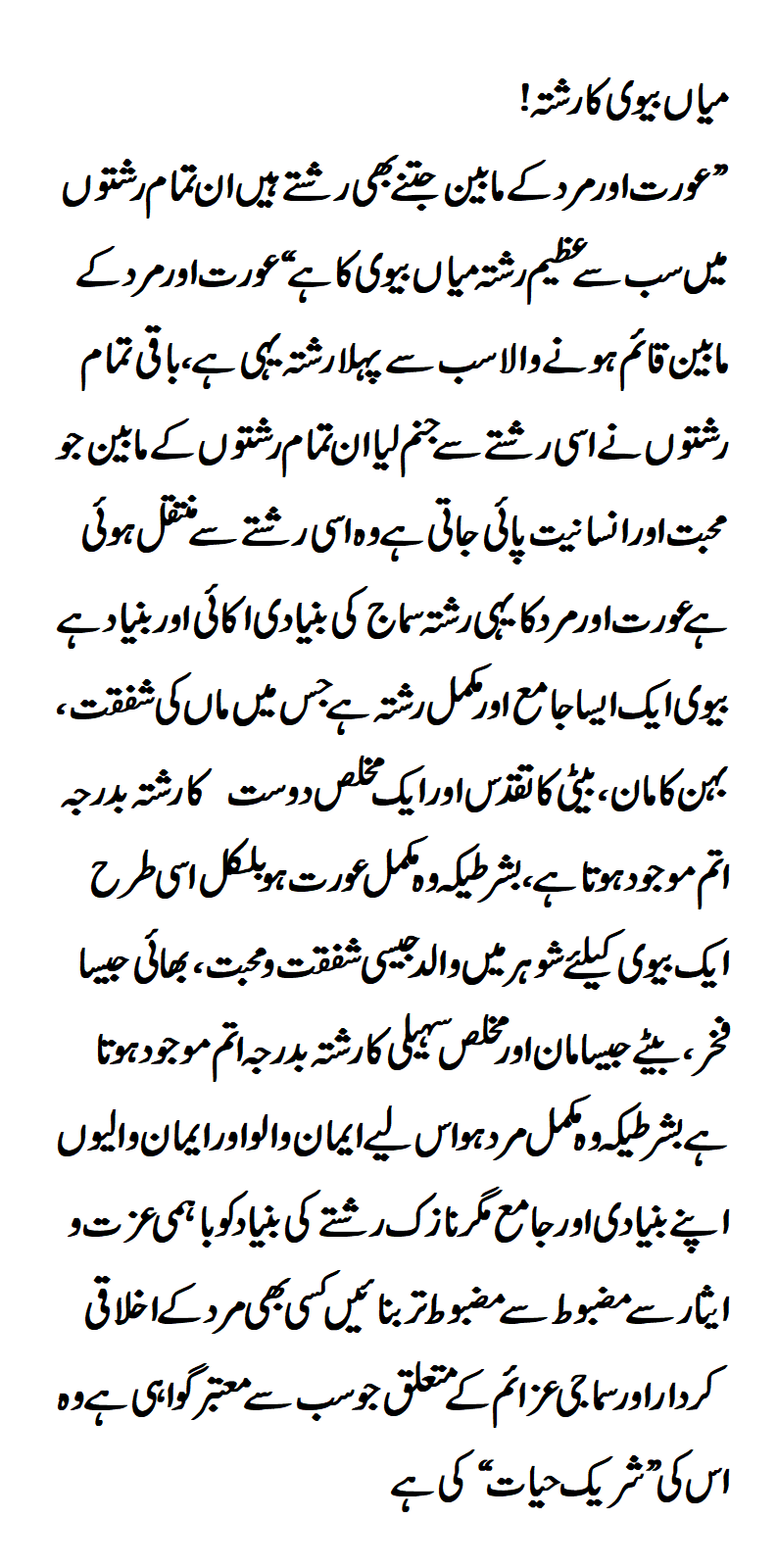Nepal has high prevalence of early marriage and remains a patrilocal society with women moving into their husbands’ home after marriage. Spousal relationship quality can be an important predictor of health and mental well-being of married women in a patriarchal setting like Nepal but is understudied in this population. We examined the association between spousal relationship quality,
mother-in-law relationship quality and mental health among newly married women in Nepal. We recruited 200 newly married women aged 18–25 years within 4 months of their marriage cohabiting with their mothers-in-law and collected four rounds of data at 6-month intervals between 2018 and 2020 in Nawalparasi district of Nepal.
Depressive symptom severity was measured using Hopkins Symptom Checklist Depression and relationship quality with spouse was measured using Couples’ Relationship Quality scale. We fitted a random effects linear regression model to estimate if women’s spousal relationship quality and mother-in-law relationship quality were associated with depressive symptom severity,
controlling for socio-demographic covariates and secular trends. We conducted a sensitivity analysis using linear fixed effects and logistic random effects models. Our results suggest that better relationship quality with the spouse was positively associated with reduced depression among women, and greater relationship quality with the mother-in-law
was also positively associated with lower levels of depression. Furthermore, our results suggest that the relationship with mothers-in-law moderates the association between spousal relationship quality and depression.
This highlights the importance of considering the interplay of these relationships among this vulnerable population who are faced with multiple stressors, including the risk of depression and strained marital relationships. Our results underscore the importance of addressing the role of both husbands and mothers-in-law as key stakeholders in advancing the mental health outcomes of newly married women.
